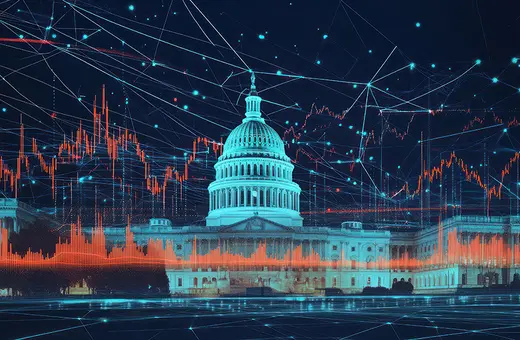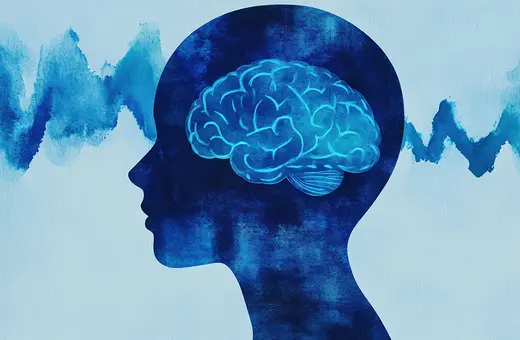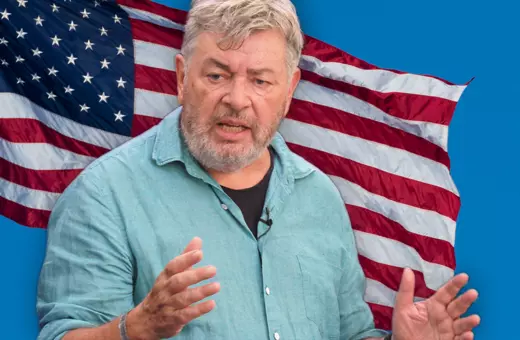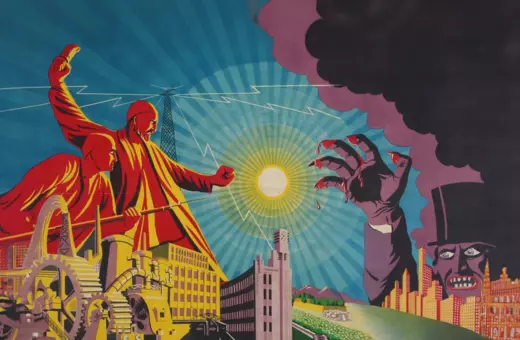Liberalism is full of contradictions. We claim to want freedom, but must curtail freedom in order to secure that freedom itself. We claim to be anti-ideology and to be open to different viewpoints, but that apparent anti-ideological openness is an ideology in itself. Liberalism's hypocrisy is rife. Sophie Scott-Brown argues this hypocrisy has led to Trump. Trump owns his contradictions. Liberalism must get out of its internal, spiralling discourse, and spread its core values, to prevent another 'shock' from another 'populist' leader.
As morning broke in Manhattan on 7th November 2024, and with it news that Donald Trump had won the presidential election, my phone began whimpering with messages from desolate leftish friends all expressing shock and horror. ‘I just can’t believe it’ read one, ‘it’s surreal’ said another, ‘it’s madness’ said a third. That was just on day one. In the days, weeks, months to come there will be endless dissection, part practical analysis, part personal therapy, anything to explain how on earth Mr Trump could once again be heading to the white house on an unequivocal wave of approval. And this despite every possible attempt by the opposition to derail him through legitimate (legal) means, seemingly bolstered by his willingness to commit every public howler going.
I’m not American and while that doesn’t mean I’m not going to be affected by all this, it does allow for a certain emotional distance. Dutifully, I reacted to the messages with ‘sad face’ emoji, but I can’t say I shared in anyone’s astonishment. Mr Trump himself is perfectly clear why he won, his final words to a rapt audience in Grand Rapids, Michigan, were an appeal to the ‘silent majority’ who were not only ‘back’ but very enthusiastic, more enthusiastic than Ms Kamala Harris’ people were for her. Tub thumping bombast, yes, but also slightly true, albeit not in the way he meant it.
SUGGESTED VIEWING The Case for Classical Liberalism With Mark Littlewood
Why was this ‘silent majority’ so (quietly) enthusiastic for Trump but not for Harris? On the election day itself, I pre-recorded an episode of David Runciman’s ‘Past Present Future’ podcast series on the idea of the ‘silent majority’, a phrase most associated with Richard Nixon’s appeal for support from this elusive crowd over Vietnam in 1969 and consequently appropriated by Trump for his 2016 campaign. As David and I discussed, the ideas behind the phrase are neither wholly nor inherently right wing, the notion that the silence of most people most of the time can be interpreted as an articulate political statement, or a potential one, appears across the ideological spectrum, as does the notion that political authority can be endowed by ‘accurately’ expressing that silence.
___
They are silent because they just reject the whole charade of political process itself
___
Where things got tricky was that at the very point Nixon was invoking the silent majority in the late sixties, traditional relations between the people and politics were in a state of fragmentation. It was no longer clear that the left spoke for the working classes or that the right spoke for the continuity of an an organic folk culture. In post-war America, and indeed all other so-called liberal democratic states, the curious situation emerged that a political system based on representation and free elections was, at the same time, growing more and more detached from any legitimising popular relationship.






















Join the conversation